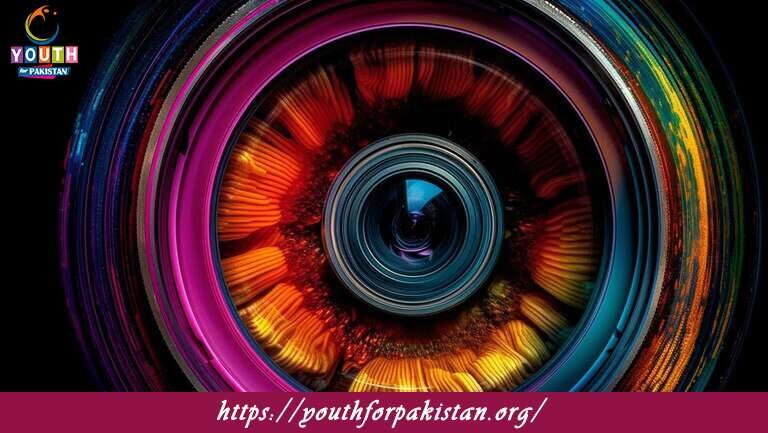10th Class Physics Chapter 12 Quiz with Answers

“10th Class Physics Chapter 12 Quiz: Geometrical Optics” describes the behavior of light as it comes into contact with various surfaces and mediums. This chapter is very important for MDCAT students because it leads them to understand the basic principles of reflection, refraction, and image formation, which are frequently tested in physics exams. Our MDCAT Quiz for this chapter is designed to help students strengthen their understanding and excel in optics-related questions.
The chapter opens by explaining the very basic concepts related to light as a form of energy and its representation as rays. Students get to learn the laws of reflection concerning how light behaves when it hits a surface, as well as how images are formed with plane and curved mirrors. It explains types of mirrors: concave and convex, along with their applications in real life. The next major part of this chapter is dedicated to refraction, the bending of light when it passes from one medium into another, and Snell’s law, which gives a mathematical description for such a phenomenon. Students shall study lenses, focusing of light, and the classification of lenses into convex and concave lenses. Other important topics include critical angle, total internal reflection, and working principles behind optical instruments such as microscopes and telescopes.
MDCAT Quiz: Try Your Hand in Geometrical Optics
Our MDCAT Quiz for Chapter 12 includes questions that challenge students to apply their knowledge about light, mirrors, lenses, and optical instruments. The quiz covers topics such as image formation, Snell’s law, and mathematical relationships governing reflection and refraction. Regular practice with these quizzes ensures a thorough understanding of geometrical optics and helps students prepare effectively for the MDCAT exam.
- Test Name: 10th Class Physics Chapter 12 Quiz
- Type: Quiz Test
- Total Questions: 30
- Total Marks: 30
- Time: 30 minutes
Note: Answer of the questions will change randomly each time you start the test, once you are finished, click the View Results button.
Free Flashcards for Geometrical Optics
Boost your preparation with free flashcards for Chapter 12. These flashcards cover key terms like laws of reflection, Snell’s law, critical angle, lenses, and optical instruments. Flashcards are an excellent resource for reviewing formulas and concepts, making them a great addition to your study materials for the MDCAT exam.

What happens to the image distance when an object is placed between the focal point and the mirror of a concave mirror?
Virtual and upright

What is the term for the distance between the center of curvature and the mirror's vertex?
Radius of curvature

What is the term for the point from which light rays diverge after reflection from a concave mirror?
Virtual focus

What is the term for the point where light rays parallel to the principal axis converge or appear to diverge after passing through a concave lens?
Focal point

What happens to the image distance when an object is placed beyond the focal point of a convex lens?
Real and inverted

What is the term for the distance between the optical center of a lens and its focal point?
Focal length

What is the point where light rays parallel to the principal axis converge or appear to diverge after passing through a convex lens?
Focal point

What is the term for the point where light rays converge or appear to diverge from after passing through a convex lens?
Focal point

What happens to the focal length of a convex lens when an object is placed beyond 2F?
Remains the same

What is the angle of incidence when a ray of light is incident along the normal to the surface?
0 degrees

What is the angle of refraction when a ray of light passes from a rarer medium to a denser medium along the normal?
Equal to the angle of incidence

What is the point on the principal axis where a convex mirror reflects light rays parallel to the principal axis after reflection?
Focal point

What is the term for the bending of light as it passes from one medium to another with different optical densities?
Refraction

Which type of mirror forms a virtual, upright, and magnified image for objects placed anywhere in front of it?
Convex mirror

What is the term for the point where light rays converge or appear to diverge from after passing through a convex lens?
Focal point

What happens to the focal length of a convex lens when an object is placed beyond 2F?
Remains the same

What is the angle of incidence when a ray of light is incident along the normal to the surface?
0 degrees
Experience the real exam environment with our expertly designed collection of over 25,000 MCQs MDCAT Mock Tests.





